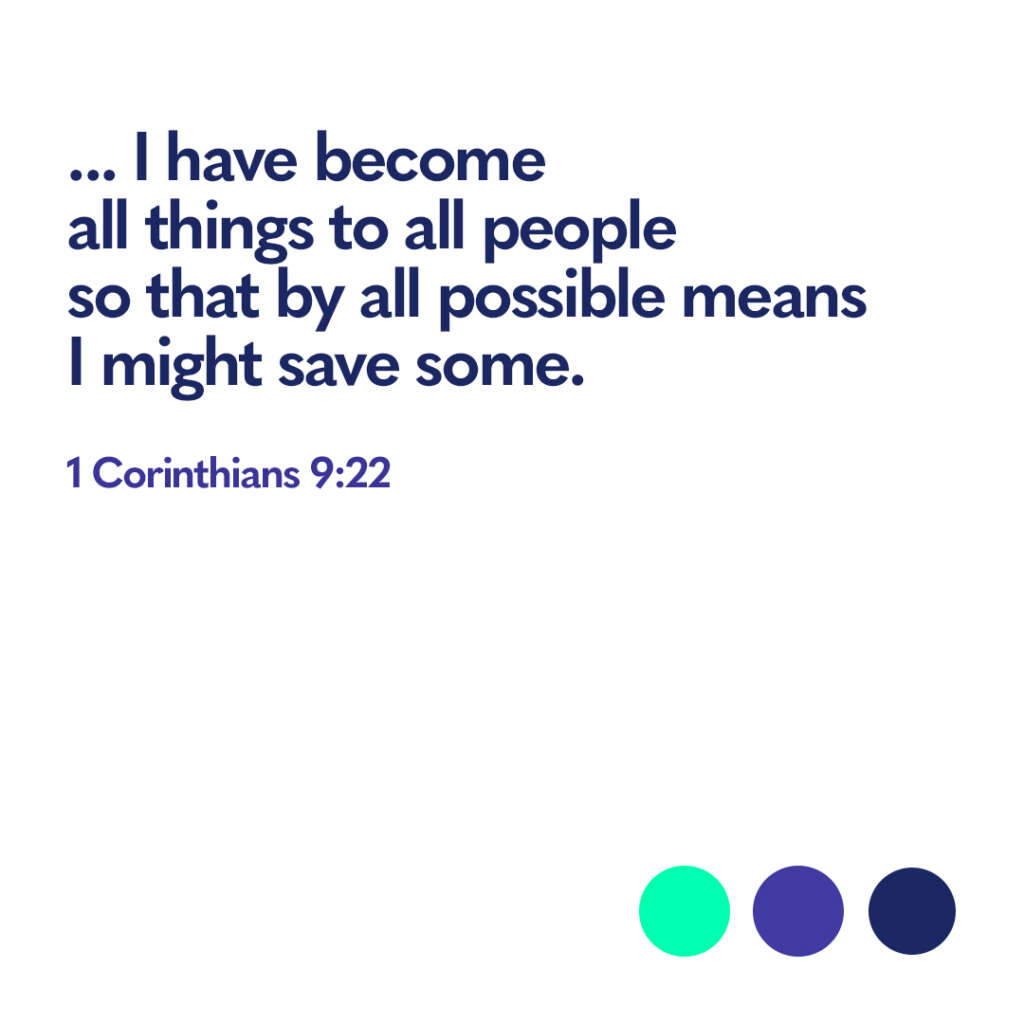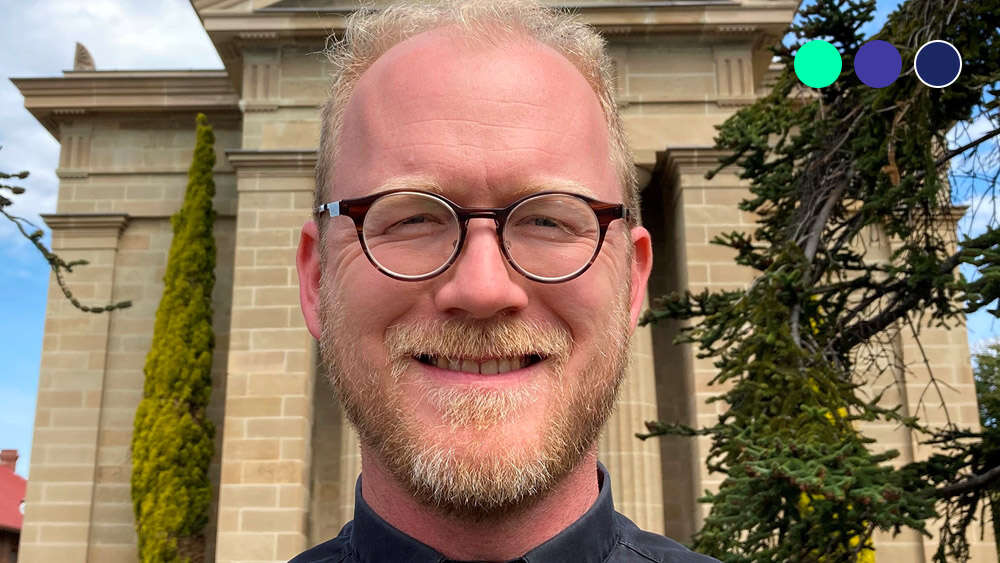'I know what it is to be an outsider and that helps me connect with others'
Victor’s story | The good news speaks to any and every culture
“My parents were married for ten years before I was born, and they worked in 18 different countries. I was conceived in Pakistan and born in Kenya. They were highly mobile, working with Global Recordings Network. The aim of GRN is to get the good news of Jesus to people in their heart language, and especially for oral cultures. Often that means working with minority languages.”
“From when I was about 3 to 12, we were based in the highlands of Papua New Guinea. PNG has 870 different languages. It’s a beautiful country. We would play outside in the rain. I’d build dams in the huge drains. I loved it.”
“When I was 12, we came back to Australia for me to start high school. In PNG, I’d been in a culture that I was familiar with, and yet I was the outsider because of my skin. Australia was meant to be my home but it was almost totally foreign to me. I didn’t know any of the music the other kids were listening to. I didn’t know their pop culture references. I didn’t know what to wear. I was a total dag. I didn’t fit in and I often felt alienated.
“Church however was great. I made good friends there and I was deeply blessed by their friendship and hospitality. I began to take my faith in Jesus seriously. After high school I studied Ancient History at Sydney University. I joined the Evangelical Union and my faith grew immensely. I learned to love theology and how it can speak to the most robust questions which secular Western culture puts to it.
“Nine years ago, my wife and I moved to Hobart for me to start work at St George’s Anglican Church in Battery Point, in the centre of the city. It’s very ‘white’. In Tasmania, you’re a foreigner until you’ve been here for a couple of generations … so as soon as I got here, I realised I was an outsider again.
“But maybe it’s a gift. At my Mum’s funeral last year I said that I think she gave me a 20-year apprenticeship. The Gospel always creates cultural distance, and as a kid growing up overseas, you’re kind of more aware of it. It makes you more relaxed about it, and able to adapt to the needs of those around you. But I also learned, growing up, that the good news of Jesus does speak uniquely to every culture. So I’m always asking how does the Gospel connect with our culture, which seems to be polarising and fragmenting and where money and pleasure are so important?
“How does the Gospel embody itself here?
“Lots of people, especially inside the church, think that the secular Australian culture is hostile to Christianity. That fear means Christians can come across as wagging a judgmental finger. The good news of Jesus is that God doesn’t accept us because we do all the right things. He accepts us because Jesus died for us. I would love for churches to be communities that embody this, that opens their arms to welcome people, just like Jesus opens his arms to welcome us.
“For me, Paul’s words in 1 Corinthians 9:22 are key – ‘I have become all things to all people so that by all possible means I might save some.’ It’s not just about how the Gospel speaks to our culture, it’s also about how we use our freedom as Christians. Paul says, “Though I am free and belong to no one, I have made myself a slave to everyone, to win as many as possible.”
“We don’t use freedom to stand on our rights. We put our rights to one side, to serve others that they might find life in Jesus.”
Victor’s story is part of Eternity’s Faith Stories series, compiled by Naomi Reed. Click here for more Faith Stories.


